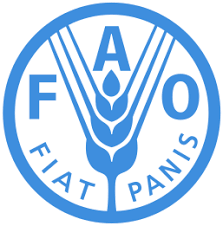Managing Environmental and Social Risks in Development Policy Financing
Effective environmental and social risk
management in development policy financing (DPF) is central
to achieving the World Bank’s goals of ending extreme
poverty and promoting shared prosperity in a sustainable
manner. If the World Bank is supporting far-reaching member
country reforms that are intended to contribute to the twin
goals, then it should seek to understand the impact of those
reforms on the poor. It should also ensure that the




